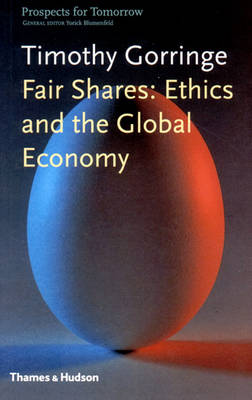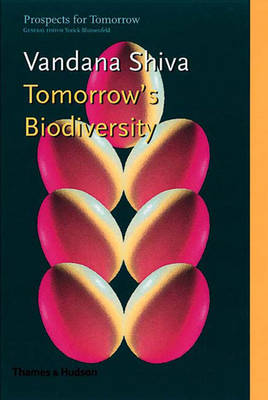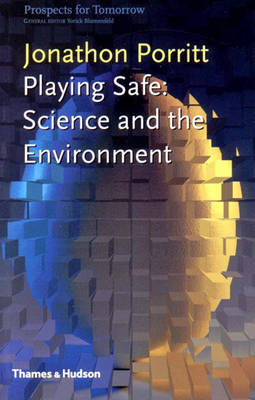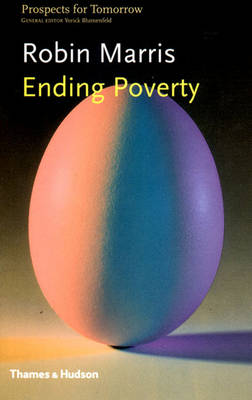Prospects for Tomorrow S.
4 total works
Offering a searching ethical analysis of the issues, Professor Gorringe argues that the hubris of the present global market is destroying communities and seriously damaging the planet: we are living in a modern version of the Midas myth - people can't eat money. Justice in its broadest sense - fair shares for all - is held up as the prime virtue of human communities. Practical suggestions are offered for an ethical transformation. This would replace the spiralling profit-driven system with a steady-state economy that meets not only human needs, material and otherwise, but also the needs of other species and the environment.
Physicist, philosopher and feminist, the author is a leading activist against environmental destruction. Here she puts forward her vision of a sustainable agriculture future for the world.
Addresses the question of how to assess the risks and benefits of scientific advance through three topics: climate change, genetic engineering and toxic chemicals. It advises a cautious approach in applying scientific knowledge as we try to improve the world around us.
A provocative analysis, this book looks at the economic forces as well as the political and social factors in the world's gross imbalance of wealth. The economist Robin Marris argues that in the 21st century we can and must end poverty. Taking into account questions of population growth and the threat to the environment, he presents a plan of action for the future. The wealthiest fifth of the developed world's population is fifty times richer than the Third World's poorest fifth, but this can be changed with rapid industrial growth in the Third World and development aid, and with proper management of the economy in the developed world.



